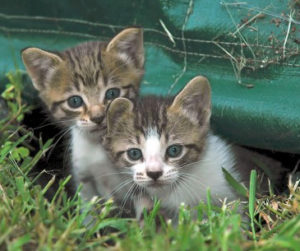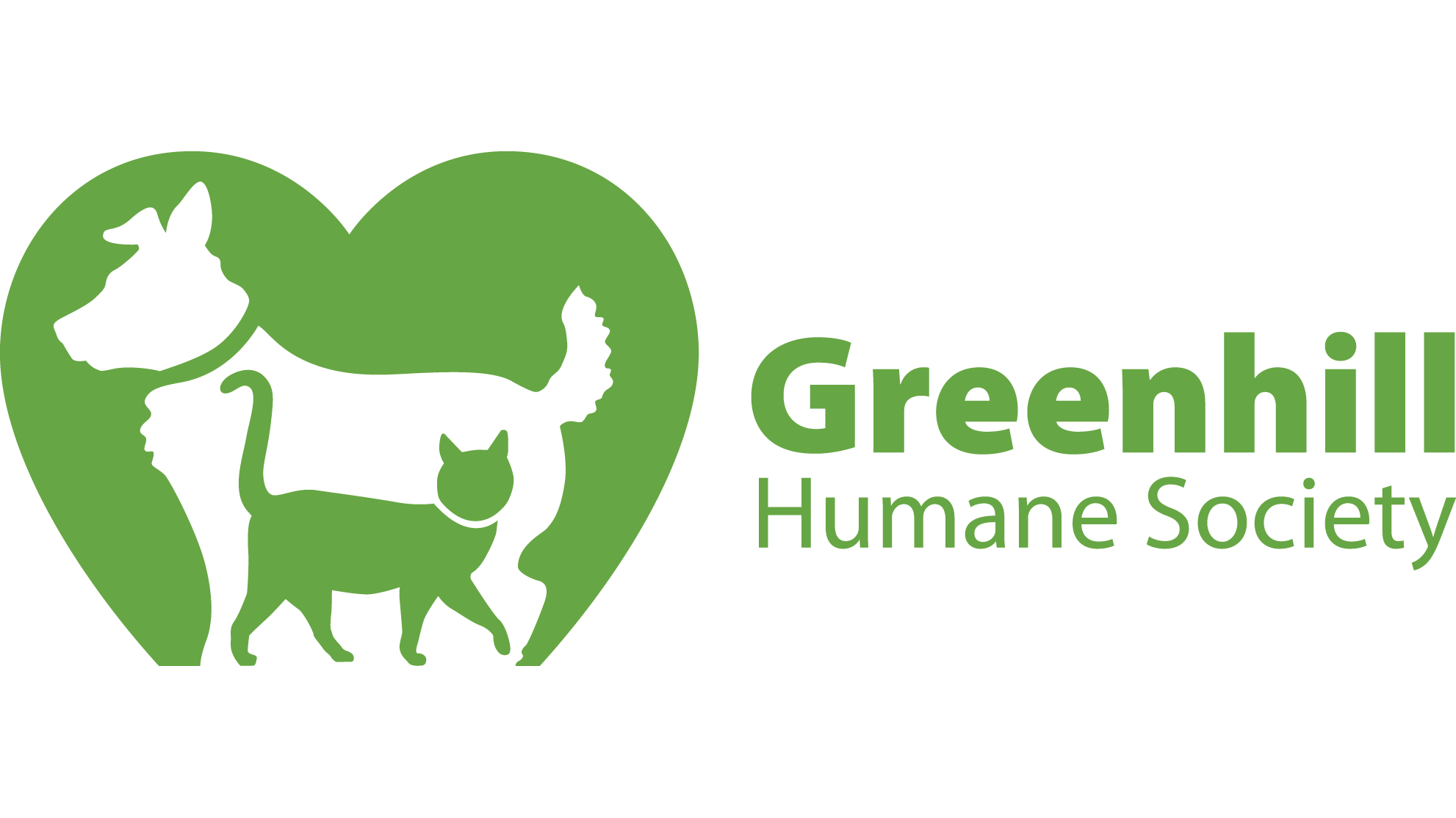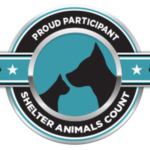July 13th, 2016
What’s it like being a volunteer for the free Trap Neuter Return Program?
We chatted with Hannah, one of the volunteers for the program. She not only traps and brings in feral (unsocialized) cats for spaying and neutering, but also cares for them after they’re returned to their colony.
Feral cats are essentially wild and afraid of humans. They may live alone or in groups, called colonies, when there is a food source nearby. Due to their fearful nature, it is extremely difficult to socialize them, so placing them in homes is often not an option.
“It’s difficult but cool,” she says. “When you first start, the cats are very feral – they won’t come near you. But after a while, they know the sound of your car and will run to greet you.” She laughs. “I mean, as much as ferals do.”
Hannah has been trapping for our program for some time, and finds it very rewarding. “It’s hard to see a young female cat with kittens. Especially when you know this is her fifth litter, and she’s only a couple years old. It’s awesome to get them fixed and know they’re going to live longer, healthier lives.”
Spaying and neutering feral cats improves their health significantly and can extend their lives by years. It also helps control the population and prevents unwanted behaviors like fighting and spraying. A knowledgeable colony caretaker, like Hannah, knows what and how to feed to keep cats healthy without leaving excess food for wildlife. This helps control the spread of disease through the colony as well.
If you are interested in learning more about colony care, or volunteering to help trap through our program, please contact our Trap Neuter Return Coordinator, Diana, at 541-689-1503×140
To learn more about TNR programs and colony care, click here.








